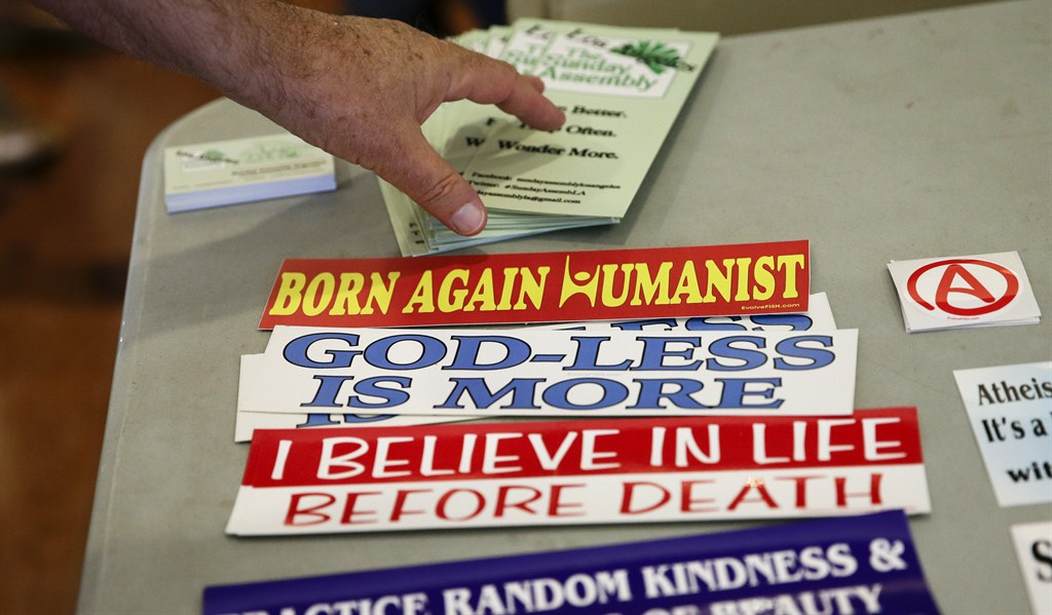In a bit of odd news coming out of Madison, an ordinance was passed that protects atheists and people lacking religious beliefs from discrimination. Atheists and non-religious are now given the same protection against discrimination as religious people.
From the Associated Press:
In what is believed to be the first statute of its kind in the United States, Madison banned discrimination against the non-religious on April 1, giving them the same protections afforded to people based on their race, sexual orientation and religion, among other reasons.
It's hardly surprising that such a statute would originate in Madison, an island of liberalism in a conservative-leaning state and the home of the Freedom from Religion Foundation. But the ordinance's author, Anita Weier, said it didn't arise from an actual complaint about alleged discrimination based on a lack of religious faith.
"It just seems to me that religion has spread into government more than I feel comfortable with," said Weier, who left the council after the statute passed. "It just occurred to me that religion was protected, so non-religion should be, too."
At what point does an ordinance become so broad that it effectively renders itself useless? Also, does this indicate that a lack of belief is considered to be a system of belief?

























Join the conversation as a VIP Member